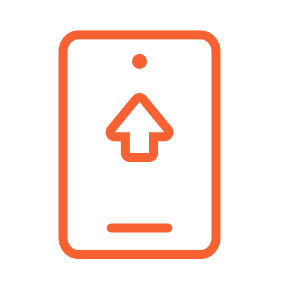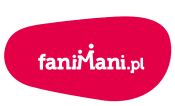As Bear Grylls will tell you: pictures in a book will only get you so far. The best way to learn is getting your hands dirty, and bringing an experienced guide. The University of Bergen wanted to enable their biology students to learn in the field, even when professors weren’t available. To accomplish this they needed a quick way to both upload images of plants and provide feedback, as well as sharing the learning between students.


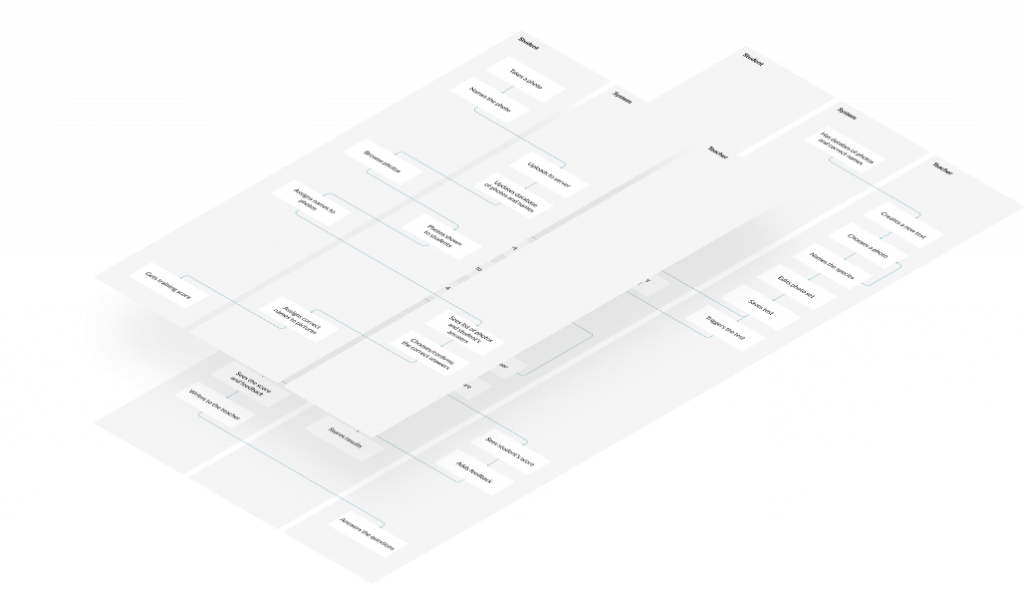

Effective application of knowledge
Through our tried and tested discovery process, the university staff and students were able to describe a solid workflow for both sides of the user interface. On the student side they needed:
The school uses Canvas as their LMS, so it made sense for the professors to do their grading there. They therefore required:
- Integration with Canvas
- A new dashboard in Canvas to manage the app
- A way to use the students’ photos to create quizzes
The result was an app built in React Native, coupled with an extension of the Canvas system.
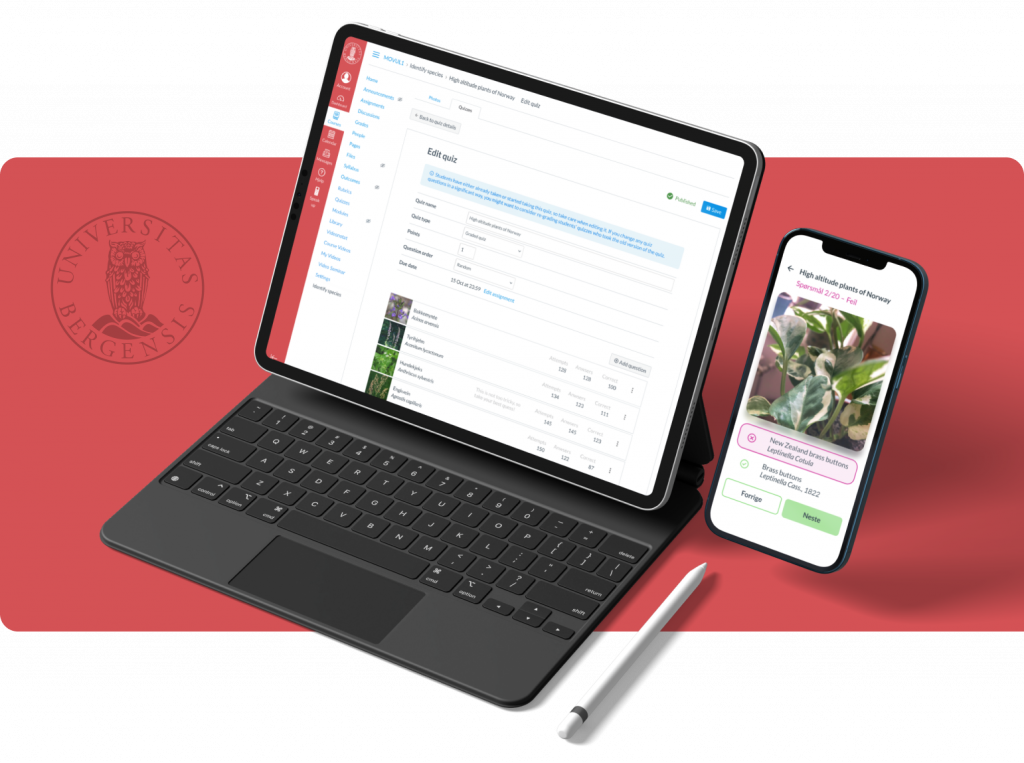

Extend the systems, not the workload
It was imperative that the application work within the existing workflow of the LMS. We therefore built a solution which easily slots into the Canvas application, and doesn’t feel like an external system.
We worked closely with the university staff and students to create smooth paths to complete their respective user tasks. When developing projects with Frontkom the design phase isn’t finished after the first few workshops. We receive feedback throughout the process, translate it into workable functionality and re-form the surrounding code to make it flow harmoniously with the rest of the app.
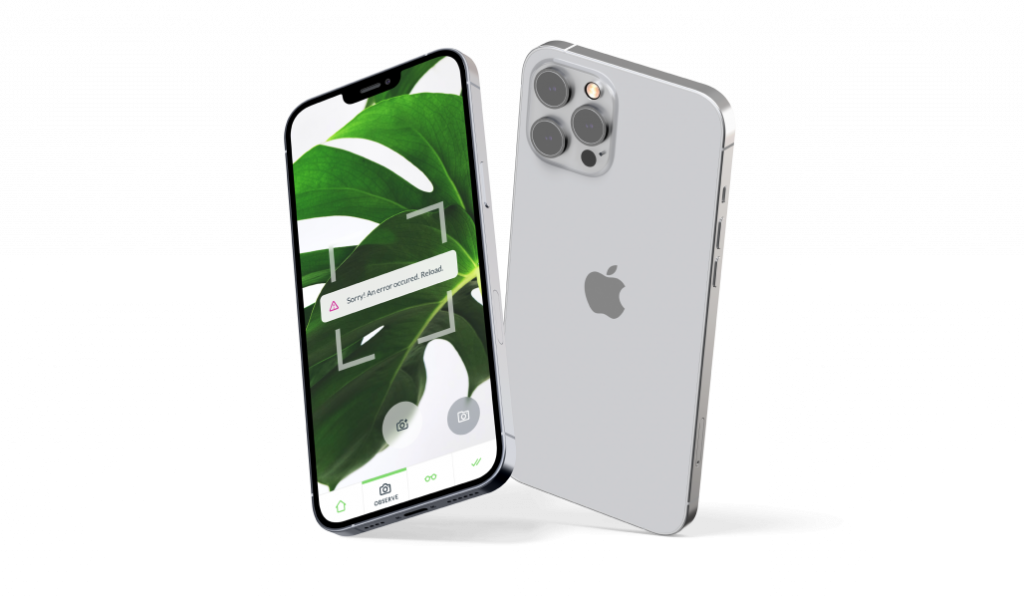

Usable on all devices
These days having a common codebase to manage both iOS and Android versions of the app is a given. React Native is a framework which enables us to do just that. We can use platform agnostic components which map directly to the different platforms’ respective building blocks.
In this way we ensured that all students will have the exact same experience, regardless of what device they own. It also complements our iterative process very well: We can do changes on the fly, without having to wait for native builds to finish compiling.
Our philosophy is to always use the technology that best fits the project. We’re not tied down to a specific framework, though we have experts in all the areas we work within. Staying updated on the most adaptive technologies enables us to tailor every project to its intended use.
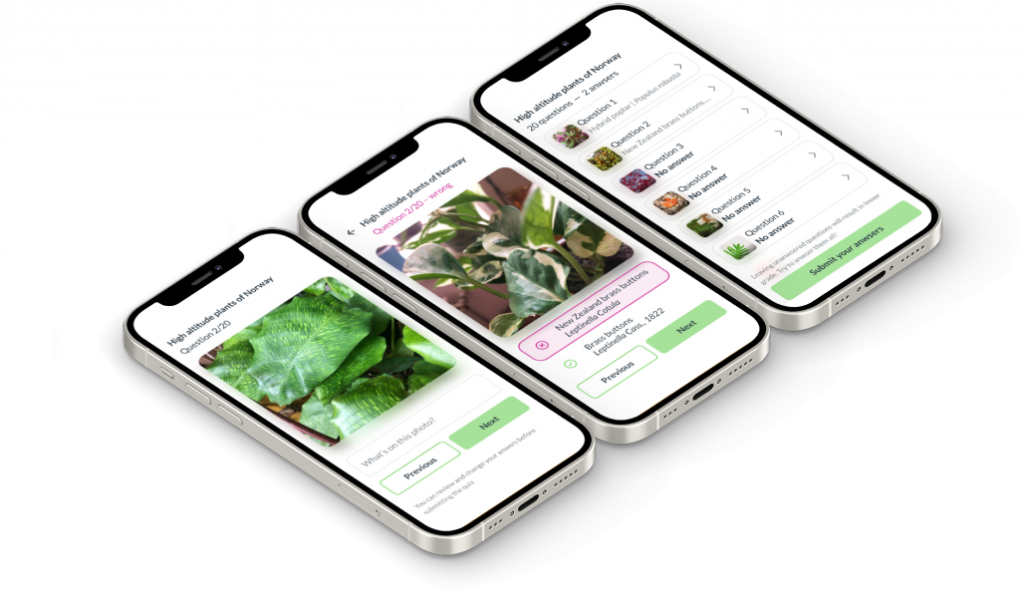

Do you have a project in mind? Let’s create something together. Reach out


